Raw Sugar Khandsari
Original price was: ₹160.0.₹153.0Current price is: ₹153.0.
Features-
This sugar is healthier than brown and white sugar as it is unrefined, natural and wholesome. Made from sugarcane, it has a higher molasses content than other sugars.
 Boosts Immunity
Boosts Immunity Local & Sustainably sourced
Local & Sustainably sourced Full of antioxidants and vitamins
Full of antioxidants and vitamins Diabetic Friendly
Diabetic Friendly Healthy refined sugar alternative
Healthy refined sugar alternative Pure & Unadulterated
Pure & Unadulterated
- Description
- Additional information
- Reviews (0)
- Q & A
- Sustainability Remark
- More Offers
- Store Policies
- Inquiries
Uses-
- It can be added to breakfast cereals and granola
- It can be used as a substitute for refined sugar
- It can be used as a scrub for skin
- Great for baking items such as brownies and cookies
Benefits-
- It contains minerals like phosphorus, calcium, and iron
- Healthier than all other forms of processed sugar
- Ingredients: Unrefined sugar
- Shelf Life: 9 months
| Weight | 1000 kg |
|---|---|
| brands | CONSCIOUS FOOD |
You must be logged in to post a review.
Q & A
Organic products, including organic honey and organic sugar, are generally considered more sustainable than their non-organic counterparts for a few reasons.
Firstly, organic farming practices typically prioritize environmental stewardship, including reducing pesticide and fertilizer use, conserving water, and promoting biodiversity. This can lead to healthier soil and ecosystems, as well as reduced pollution and greenhouse gas emissions.
Secondly, organic products often have a smaller carbon footprint than conventionally produced products, as they typically require less energy-intensive inputs such as synthetic fertilizers and pesticides. Additionally, organic farming practices such as crop rotation and the use of cover crops can help sequester carbon in the soil.
However, it's worth noting that the sustainability of any product depends on a range of factors beyond just the farming practices used to produce it. For example, transportation and packaging can also have a significant impact on a product's overall environmental footprint.
In terms of specific organic products, both organic honey and organic sugar can be sustainable choices when produced using responsible farming practices and transported and packaged in an environmentally conscious way. However, it's always a good idea to look for certifications from reputable organizations such as the USDA Organic label to ensure that the products you're purchasing meet certain sustainability standards.
General Inquiries
There are no inquiries yet.


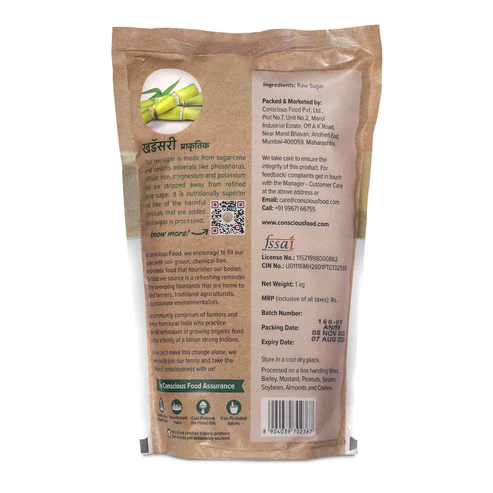
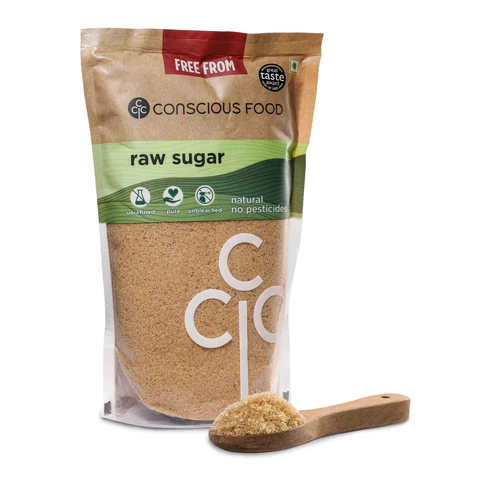
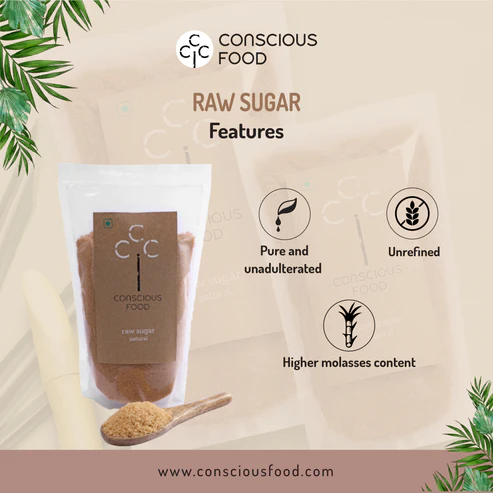
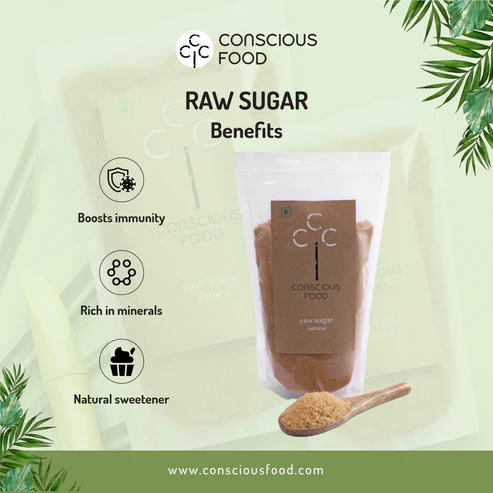

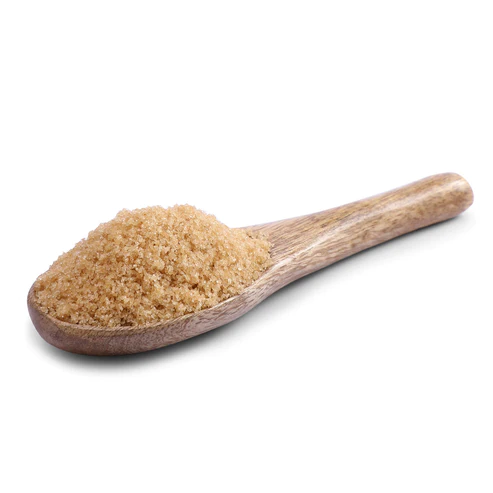
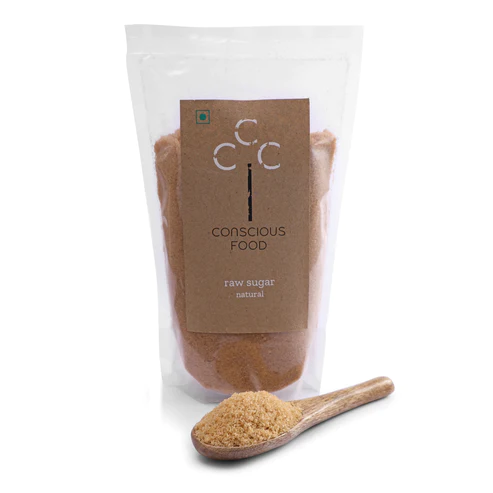
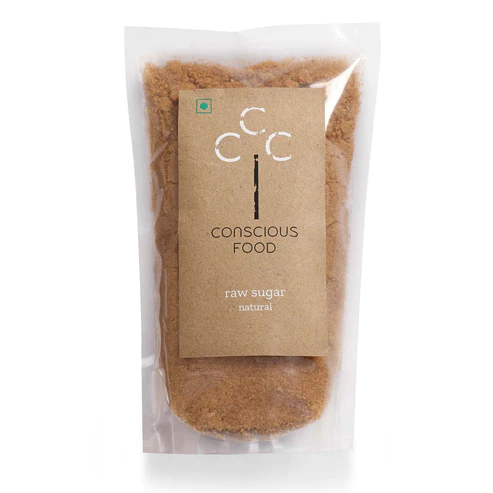















Reviews
There are no reviews yet.